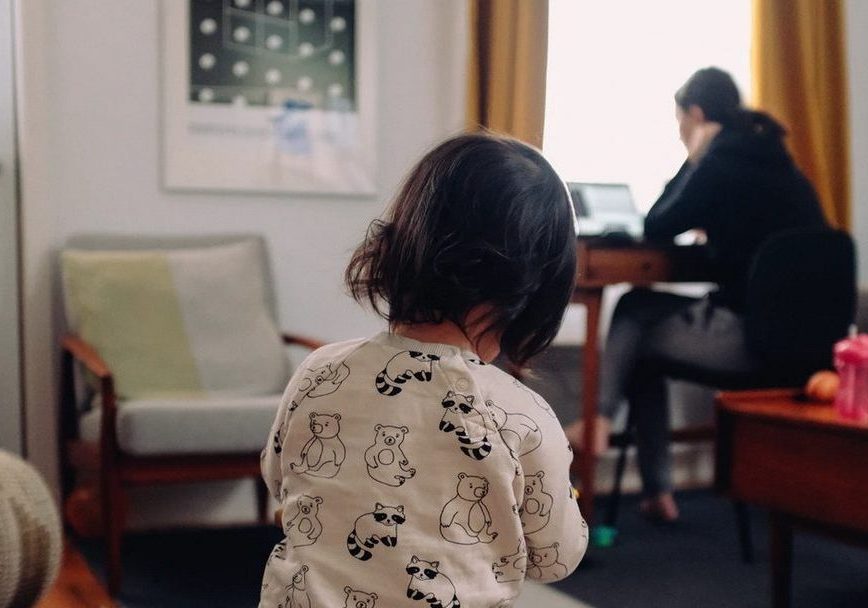
Over the past few months, the Texas Supreme Court has issued several emergency orders that have affected all trial courts in Texas. With new orders being issued and things seemingly changing by the day, it can be confusing for people involved in family law cases to keep up with the changes taking place. Understandably, you’ll want to know how your specific case is affected.
To help, here are some answers to commonly asked questions about how COVID-19 affects family law cases.
Are courts still operating differently because of the coronavirus pandemic?
Yes, courts have continued to place safety measures and precautions in place due to the pandemic. However, many hearings are happening via video conference calls. One of the orders that was issued by the Texas Supreme Court outlines how courts are to operate for the foreseeable future.
Am I able to schedule a hearing for my family law case?
Currently, hearings are being held for essential and non-essential proceedings. However, if a proceeding is considered non-essential, it will be held remotely rather than in person. In some cases, non-essential proceedings are being pushed back to later dates. To be sure of the scheduling procedure for non-essential proceedings, it’s best to speak with your attorney who is kept up to date on the latest procedures.
Essential proceedings might be able to be held in person, but only if they cannot be held remotely. In the event a hearing is conducted in person, courts are following strict guidelines regarding social distancing and the maximum number of people allowed in a hearing.
What is considered an essential proceeding?
Examples of essential proceedings include hearings related to domestic violence protective orders, CPS removal, temporary injunctions and restraining orders.
What if my family law case is agreed? Can I finish it?
You may be able to finish an agreed family law case by way of a Prove-Up Affidavit. This is in replacement of an actual Prove-Up hearing. In some cases, a judge may require a Prove-Up hearing to happen by means of video or teleconference. This requirement may vary case.
But again, it’s best to speak with your attorney on what your options are to finalize an agreed family law case.
What if my case is not agreed/is contested?
If your family law case is contested, you’ll want to seek legal counsel on the best course of action. Some courts dates are being pushed back, while others are staying on schedule just depending on the case.
Other questions about how COVID-19 may affect family law cases?
If you have other questions related to COVID-19 and family law, we encourage you to contact us. Whether you are seeking a divorce, custody, or other family related legal issue, we can help. We can also provide a clear course of action that is best for your specific situation.










